Man opening Vancouver shop selling heroin, crack expects arrest
Want to score heroin in Vancouver? Go to the Drugs Store. No, really.
On January 31, adults in the Canadian province of British Columbia will not be subject to criminal charges for personal-use possession of opioids (including heroin and fentanyl), cocaine, methamphetamine and MDMA (Molly or Ecstasy).
Though it will be against the law to hold more than 2.5 grams of the drugs, Jerry Martin does not seem to care. In fact the 51-year-old admitted drug dealer plans on pushing the outer edges of the legislation by opening the Drugs Store in Vancouver — selling MDMA, heroin, cocaine, methamphetamine and crack cocaine openly.
“I think it’s a good time for there to be a safer supply of product. The government calls for a safe supply and the police call for a safe supply. But nobody is providing one.” Martin said. “Since the government decriminalized drugs and … there will be less fear of doing them. ODs will spike, particularly among people between 15 and 24 [who are less experienced with drugs and more willing to take risks]. My goal is to put out a safer supply.”
But British Columbia’s Ministry of Health and Addictions is not on board. “Mr. Martin’s project is not within the scope of decriminalization,” the Ministry told Canada’s CBC. “The selling (or trafficking) of controlled substances remains illegal.”
While drugs on the street are notoriously unreliable in terms of potency and purity, Martin — who declines to disclose his pipeline for obtaining the drugs — claims to have that covered.
“My buddy owns a company called getyourdrugstested.com. He has a spectrometer, a tool used for measuring purity. My plan is no adulterants, no cut, 100% pure,” he said. “But we can’t say 100 percent pure because the spectrometer’s accuracy is within 5%. So we’re saying that it is at least 95% pure. We will test separately for fentanyl and will not sell anything with fentanyl in it.”
Vancouver-based drug counselor Andy Bhatti has doubts.
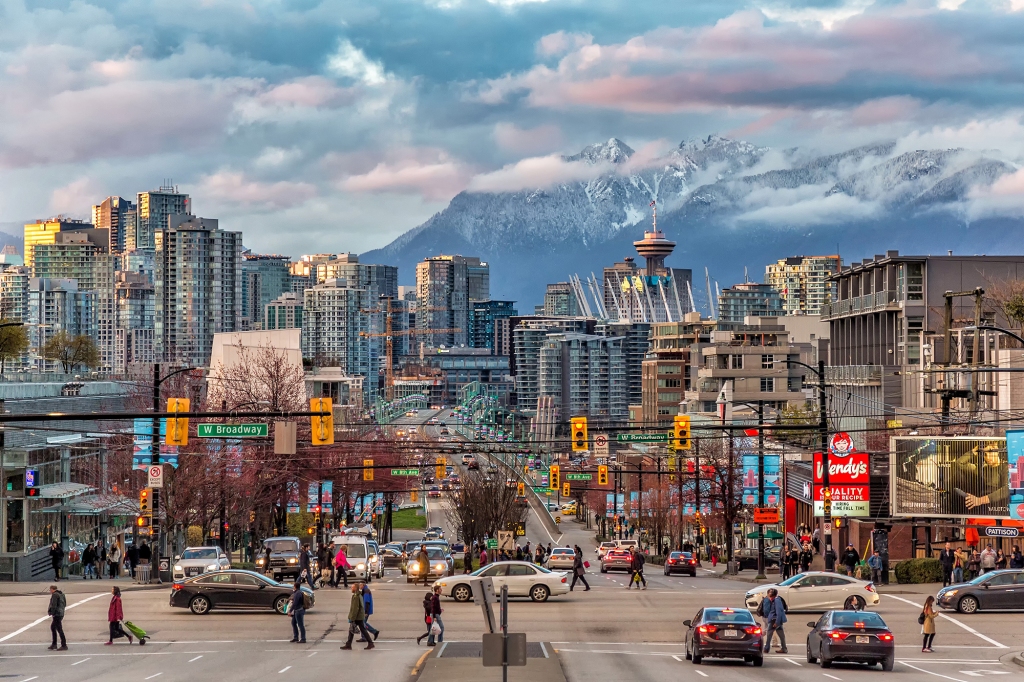
“Unless the government makes the drugs and gives them to you, you can’t know you have a safe supply,” he told The Post. “Testing drugs will go only so far. You are not testing the entire bag of drugs, you test only a small part of it. You don’t know what is in the rest. It’s like getting food poisoning. You don’t know which part of the meal got you sick.”
The shop, which will initially be housed in a 26-foot-long camper while Martin works to find a brick and mortar location, will be staffed by volunteers. Martin calls them fellow “drug activists.”
“The plan is for them to wear stab proof vests; I bought a couple bulletproof vests, but I found out that they are illegal in Canada and I don’t want to break the law [in that regard],” said Martin. “I know we will eventually get robbed and I don’t want my employees to get hurt. I’ll have them wearing Covid masks so that they [maintain anonymity and] don’t get hassled.”
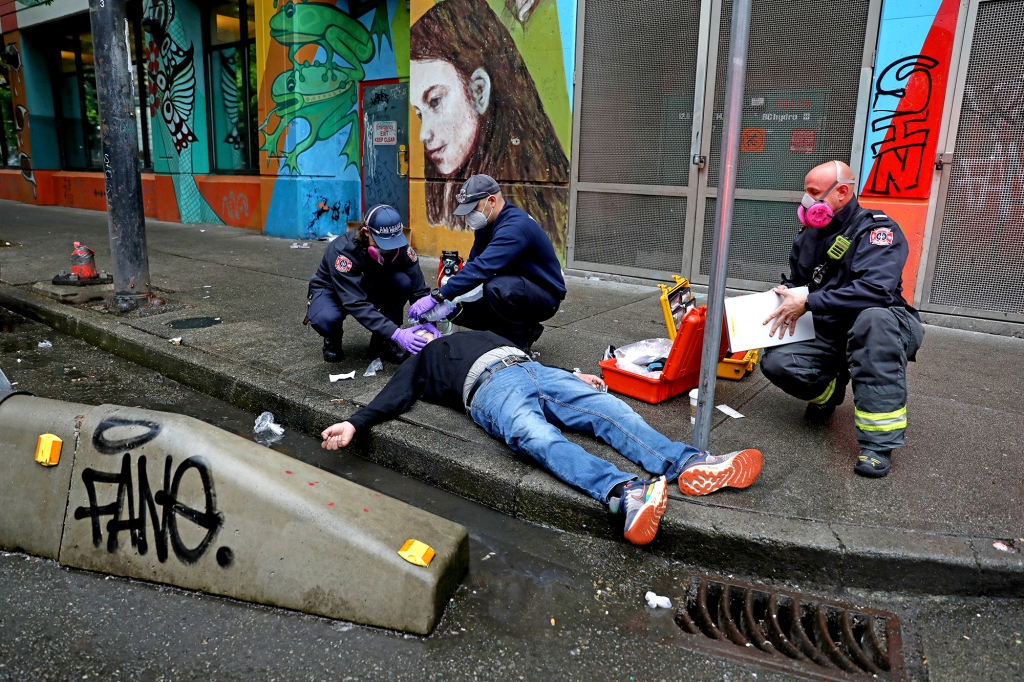
It would be illegal for Martin to purchase body armor because it requires a license — which he cannot get as a convicted criminal. “I have some breaking and entering convictions from when I was an alcoholic,” said Martin. “I once did nine months for something I didn’t do. I have an upcoming conviction for trafficking cannabis. I won constitutional arguments on that one. I am putting in a guilty plea to get it out of the way.”
Martin’s lawyer could not comment on this due to a Canadian publication ban related to the case.
Martin insists that he will be providing a public service. One of his three siblings died from a drug overdose “on opioids. He was found under a bridge,” he said. Another was “brutally” murdered in a drug deal gone south.
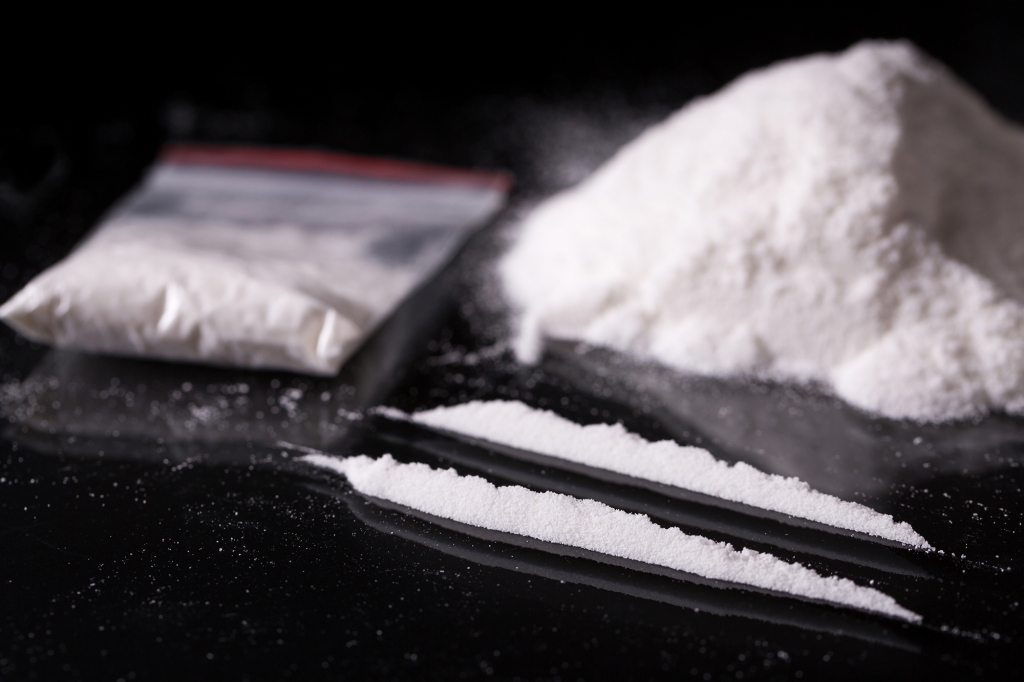
And if people overdose on his drugs? “I’ll feel terrible,” Martin said. “You take precautions and stuff happens. That is the chance they are taking. They should know how not to OD.”
He speaks from experience. Besides selling drugs, Martin is also an avid user. “In the last week I did some DMT [a powerful hallucinogenic], I did acid, I did a sample of mescaline. I smoked weed. But I smoke weed all the time.”
For those looking for a weaker variant of, say, heroin, “I will get some caffeine and mix it in so that there will be 60 percent pure heroin if that is what you want,” Martin said.
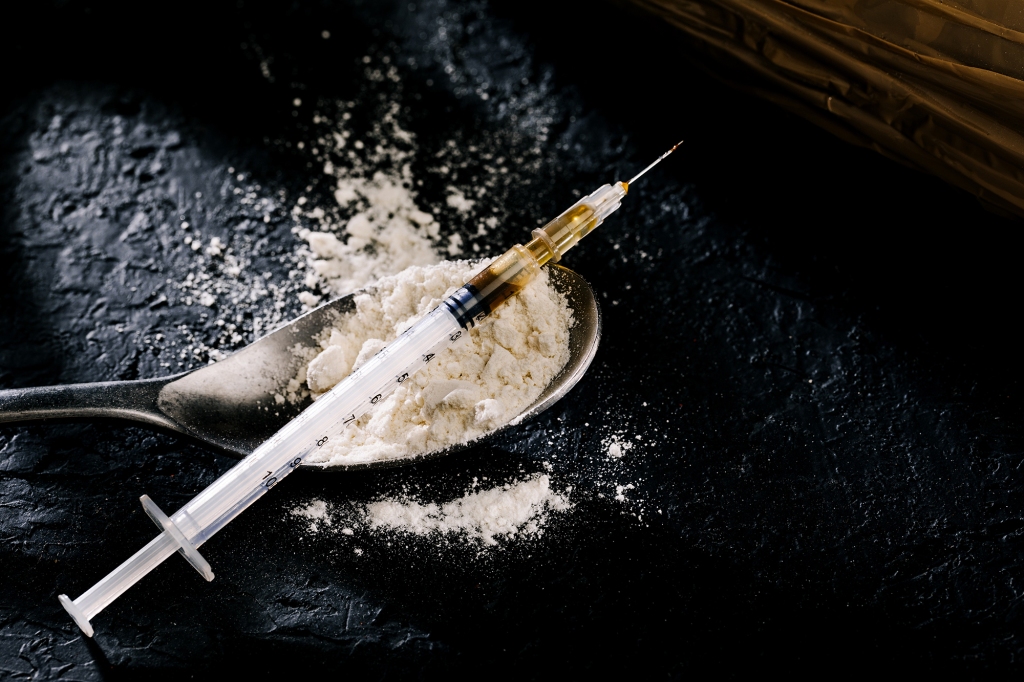
As for the profits, Martin said, “The weed places in town make $50,000 a day. God knows [what the Drugs Store will make].”
He vows to put some of his earning back into the community as he did when he had an illegal weed shop in the province of Saskatchewan. It’s been reported that he donated $90,000 to finance fire-fighting equipment, town-pool repairs and library books.
Martin plans to cook his own crack and said he is “on the fence” about fentanyl. “It’s decriminalized,” said Martin of the drug that is considerably more powerful — and deadly — than heroin. “I probably should sell it. But I’d like to get people off of fentanyl. I am trying to hit a new [opioids] market, of new people, who are just getting addicted. The plan is for them to not go onto fentanyl at all. There is a safer choice.”
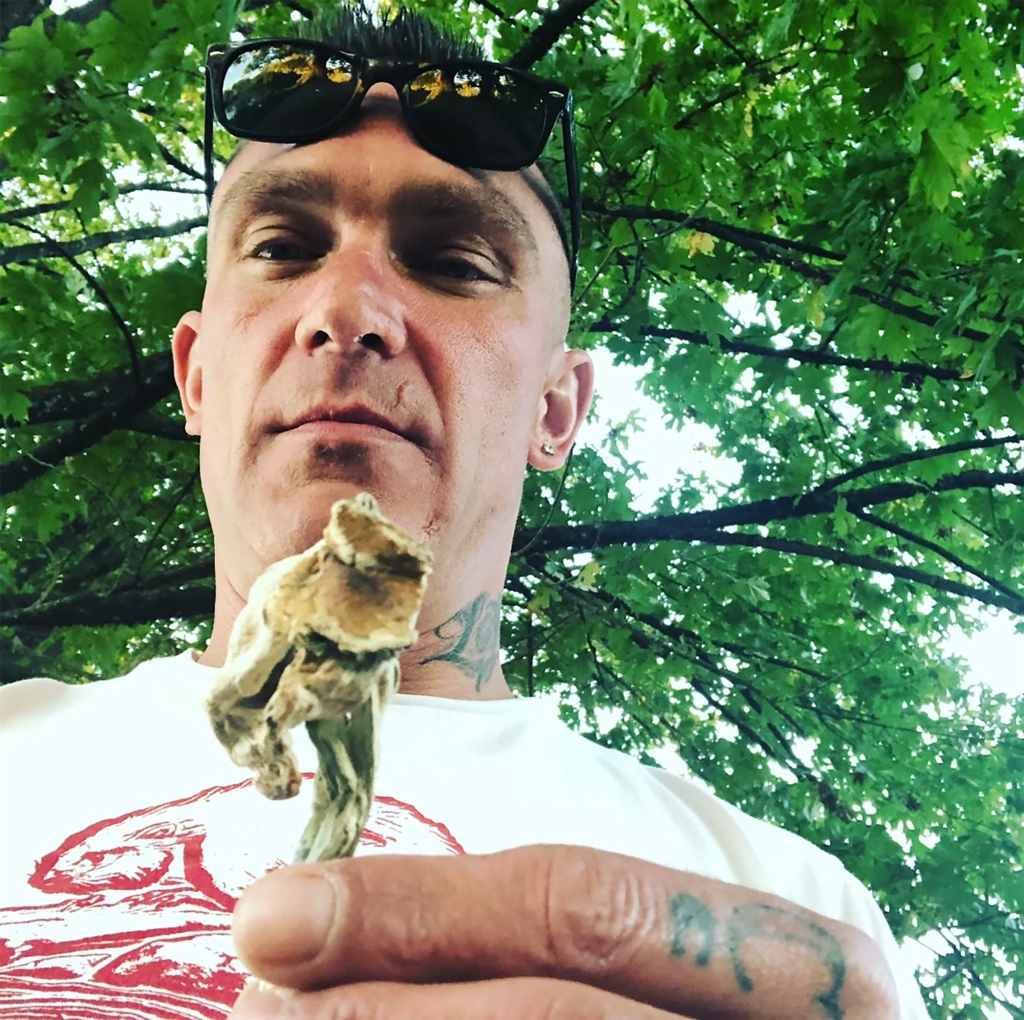
That said, Martin claims he’s not looking to create new addicts: “I will only sell to people who already have addictions. I am making customers sign documents confirming that they already have addictions.”
Bhatti is skeptical. “He’s delusional. How do you prove that your customer is a drug addict? You’re just going to take somebody at their word? Maybe [that person] was addicted for a week.”
Martin — who already sells gray-area and illegal drugs, including cocaine and LSD, in Canada through the mail-order service microdelics.ca — said he is prepared to be shut down.
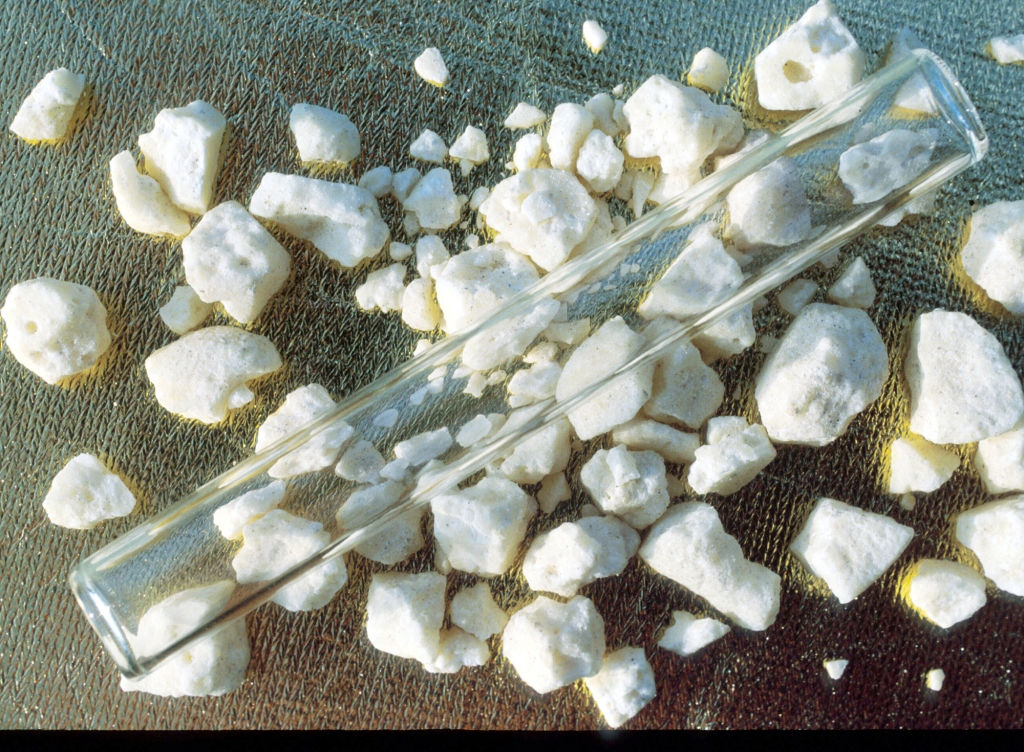
“If I can get some people to have a better life with drugs, it’s worth it for me to go to jail … I think it will be six months before I get busted,” he predicted. “Chances are that I will go to jail. At that point I will enter a constitutional challenge for drugs to be legalized. I put up a fundraiser for legal fees. It gets expensive.”
It went up nine days ago and has raised zero dollars, but, according to Martin, “Nobody knows about it yet.”
The Vancouver Police Department, which did not return a request for comment, has a history of looking the other way where illicit sales are concerned. Before marijuana was federally legalized in Canada, weed shops thrived in Vancouver because law enforcement was relatively hands-off with them. “We do have a priority-based approach to policing here in Vancouver, and we do have other priorities,” a police spokesman stated at the time.
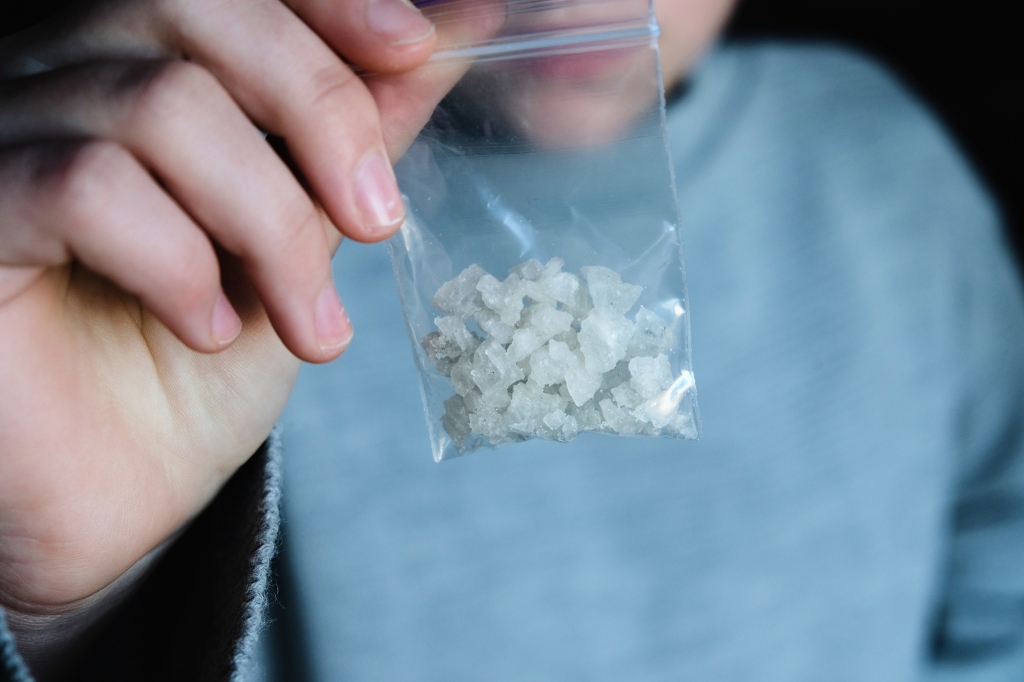
Bhatti emphasized that there is a difference between tolerating illegal marijuana sales and putting up with the peddling of hard drugs.
“I don’t think police will overlook this; at the end of the day [Martin] is promoting addiction,” Bhatti, a former addict, said. “I’ll be surprised if he is open for seven days before getting raided. The police will want to know who he is buying his drugs from.
“If we allow stores to sell cocaine, it will be the dumbest thing in the world.”
Read the full article Here


